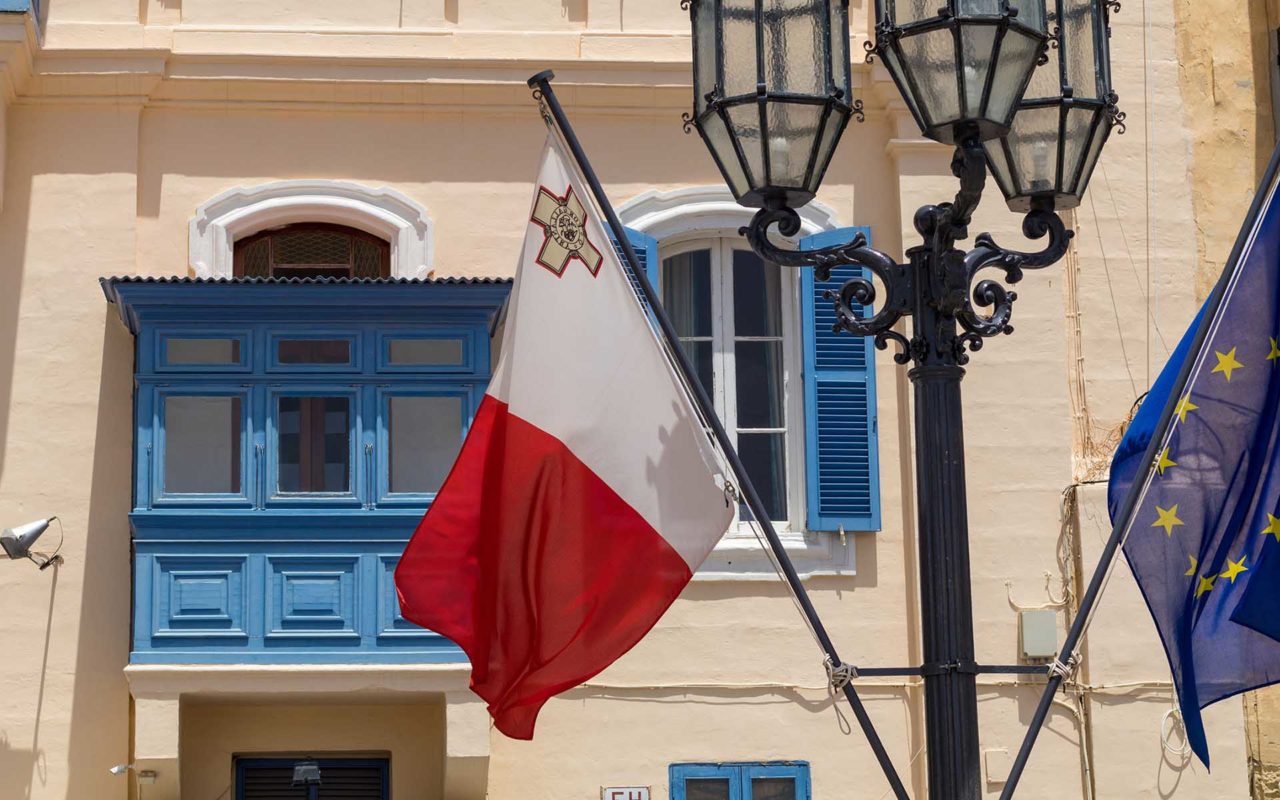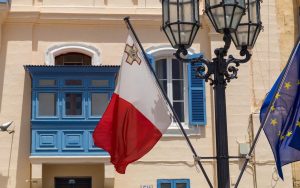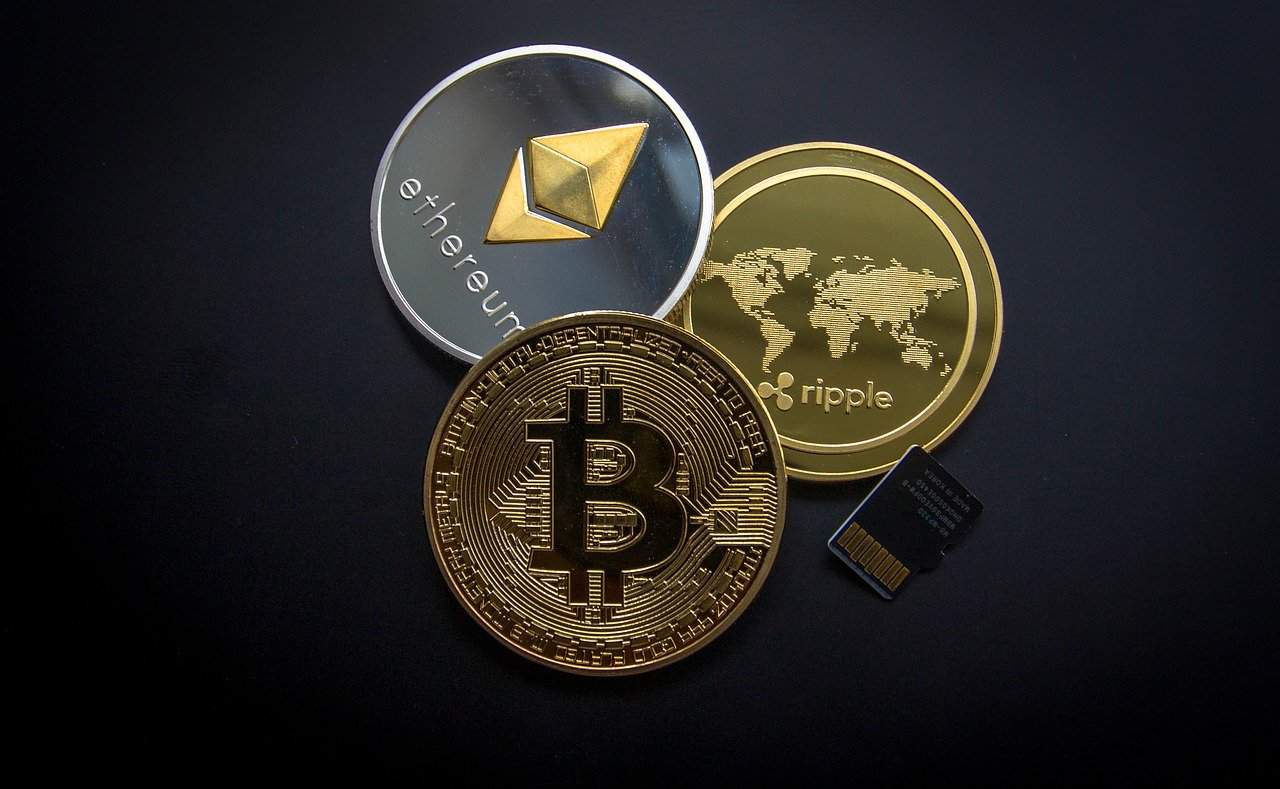Join Our Telegram channel to stay up to date on breaking news coverage
Clyde Caruana stands as the Minister of Finance and Employment for Malta, and has recently revealed something interesting. The island nation itself has plans of becoming a “blockchain island,” but this plan is starting to lose steam due to the country’s local banks not being willing to work with these new blockchain firms.
Banks Simply Not Keen For The Crypto Space
Lovin Malta stands as a local media outlet, and Caruana spoke to it as he explained that few of the local businesses are capable of securing partnerships with local banks. He explained that Malta’s traditional banks had already written off the blockchain space in its early stages, and don’t seem too keen to correct themselves.
In the statement, Caruana explained that Malta’s banks need to be convinced that blockchain will be an innovation that stays, otherwise turning the country into a “Blockchain Island” will be very difficult indeed.
A Sad Norm For All New Industries
Caruana stated that the most critical aspect of creating a flourishing blockchain sector within Malta is investing in the ability to locally develop the skills needed to do so. He highlighted that Malta will always have the potential to become a blockchain island, but work must be put into doing so if people want it to happen.
Caruana terms the reluctance of local banks as “retail banking skepticism,” and explained that the blockchain space isn’t the only one affected by it. Indeed, most emerging industries suffer from it, such as Malta’s plan to start supporting medical cannabis. Another key issue outside of the disinterest from bankers is the lack of local skills, the minister stated, which doesn’t help Malta’s growth in this new industry at all.
Complications Reducing INvestor Confidence
Caruana explained that investors need to find what they need within a space for them to feel safe; otherwise, they will consider other options. As such, Caruana put it simply: In order to ensure investments into the space, Malta needs to prove to investors that it has the needed skills.
It was back in 2018 when the parliament of Malta had passed its pro-blockchain regulations, standing as part of the nation’s bid to become a global crypto hub. Indeed, some of the largest exchanges at the time started expanding into Malta, such as Binance and OKEx.
However, after the resignation of Joseph Muscat, the former Prime Minister, back in February of 2020, it was revealed that the Malta Financial Services Authority had not issued a single crypto license to any of the nation’s firms.
Join Our Telegram channel to stay up to date on breaking news coverage



